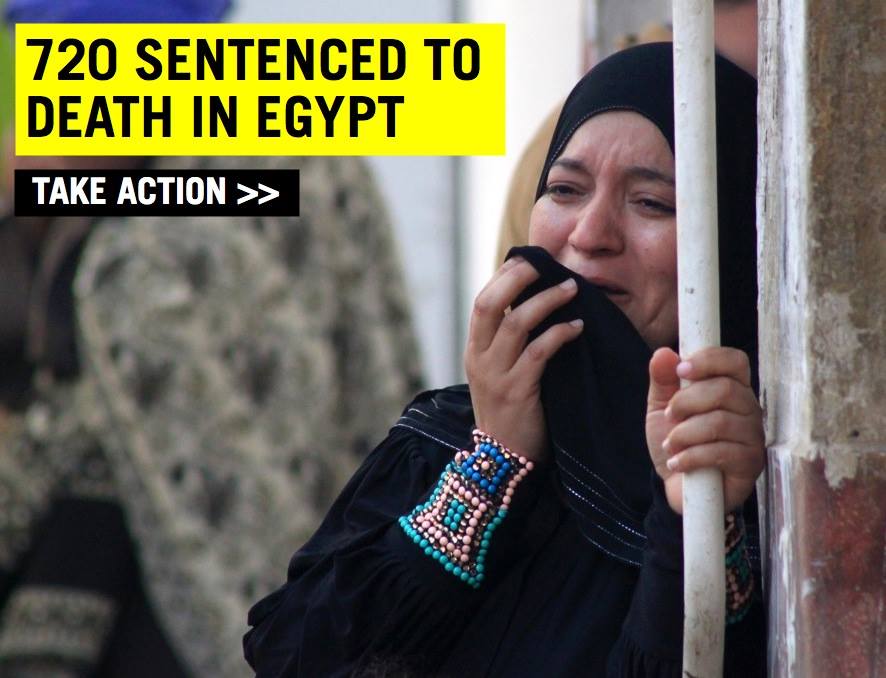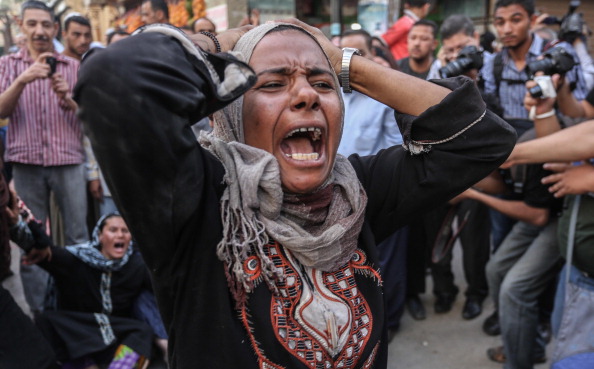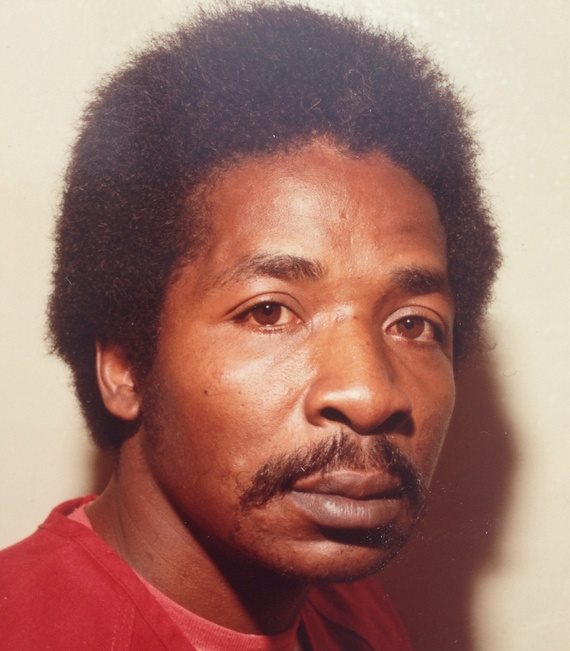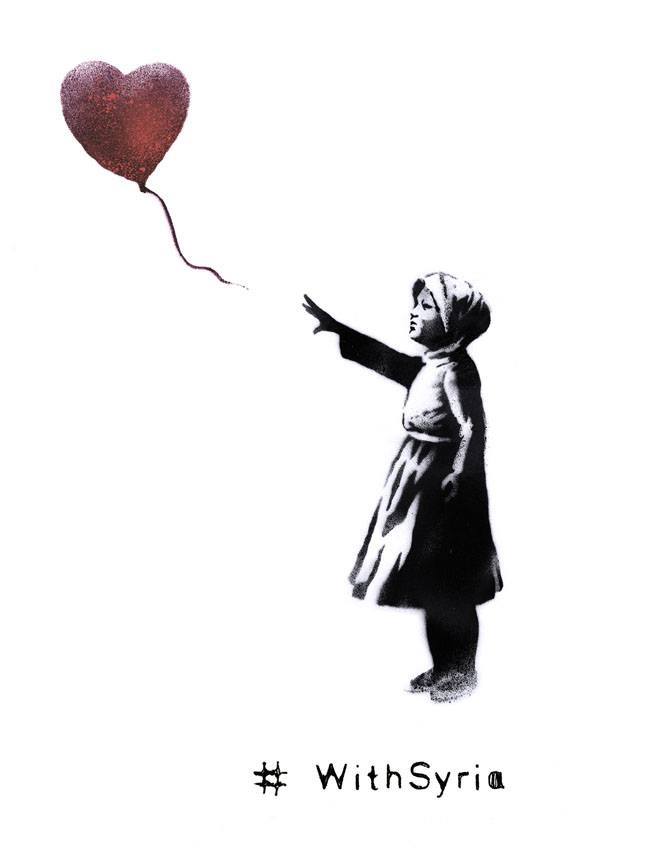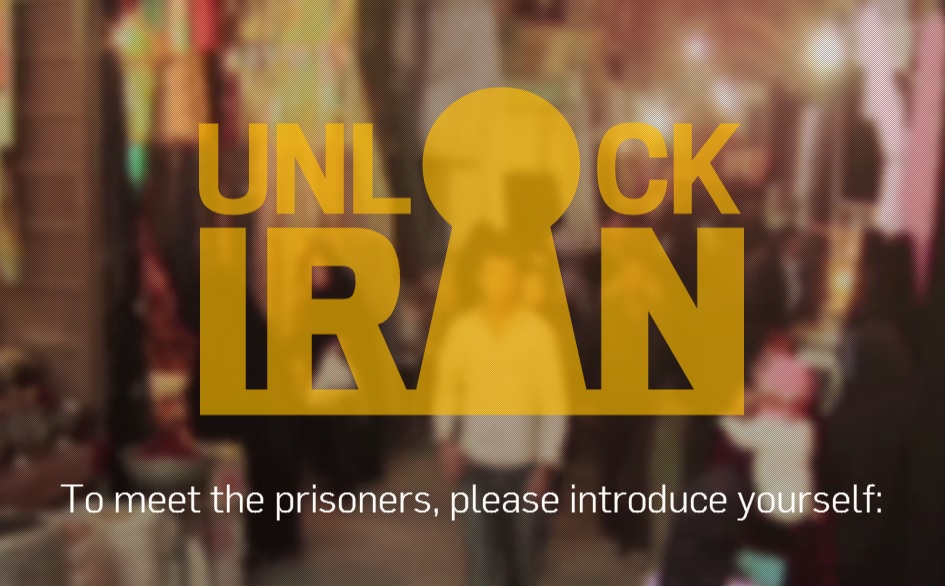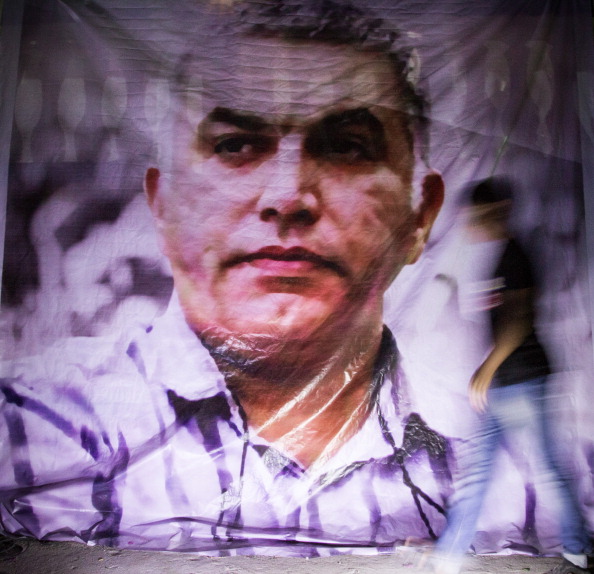
Human rights defender Nabeel Rajab spent two years in prison because of his activity on Twitter (Photo Credit: Hussain Albahrani/Pacific Press/LightRocket via Getty Images).
By Nabeel Rajab, Bahraini Human Rights Activist Jailed for Calling for Anti-Government Protests
I am Nabeel Rajab. I have just been released from prison after serving a two-year sentence for my peaceful and legitimate human rights work.
I’m one of many human rights defenders in Bahrain and the region who are being targeted, attacked, arrested and imprisoned. I was imprisoned on the basis of fabricated charges of “illegal practices, inciting illegal assemblies, and organizing unlicensed demonstrations through Twitter and other social networking sites.”


